Youstina Samir: A Panorama of Egyptian Streets
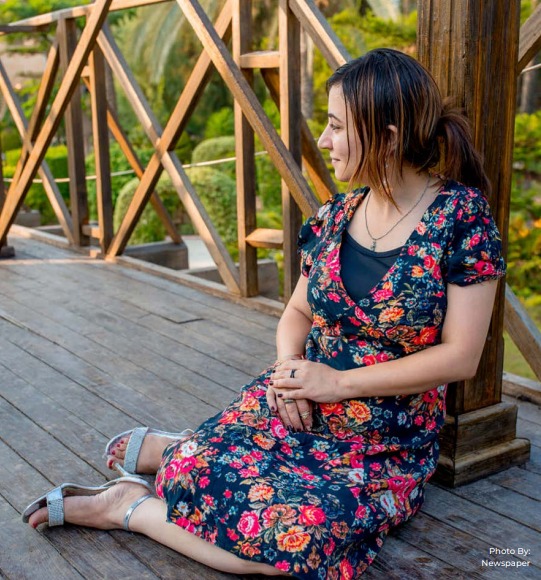 close
close
![]()


By: Mayar Said
Deep in the streets of Al Barsha in El Minya, a little girl played around in her church’s theater group every once in a while. As she grew up, she began to realize that a girl in Al Barsha had a lot to fight for, and the only place this girl owned her voice was on the humble stage of her church. Years passed by and this girl grew to be the founder of the first street theater group in Upper Egypt: Panorama Barsha.
Despite her young age, Youstina’s reform tendencies inspired her to speak up about girls’ problems in Upper Egypt through limited theatrical shows. The beauty of Panorama Barsha’s works is that there is no barrier between the performer and the people; as Youstina describes it, “It is us and our people sharing the same floor in a moment of deep mutual understanding.”
Rendezvous talked to Youstina Samir, and she walked us through the alleys of the street theaters in Egypt.
.
How did your love for theaters start?
I was never planning on taking a life path based on theater; actually, I only did it as a hobby within our church activities. I loved many aspects of the theater as a concept, but most of all were the self-expression and its potential of making a positive change in communities.
How was Panorama Barsha founded?
In 2011, we were a group of friends who believed in the change that a theater can bring about, and we decided we should take that on a larger scale for our community in Al Barsha. We held theatrical shows together. Our small village was already suffering from a lot of social issues and all were focused on girls, and that’s when we decided on the purpose of Panorama Barsha: it will be the voice of girls in Upper Egypt. In 2014, we transformed from an ordinary theater to a street theater group to be closer to the people and bring our treatment to where they are the most.
Can you tell us the difference between ordinary theater and street theater?
The main difference lies in the location: the stage, the lighting equipment, mics, and all the equipment cannot be found in the street theater. In the streets, we pull a string to separate the performers from the audience.
Also, the duration varies. A street performance ranges between 10-25 minutes, and it rarely goes beyond 20 minutes. The ordinary theater shows can reach 2 hours.
Another difference is the introductory show. We all gather and sing at the part of the street we have decided to perform at. The performers along with us, the organizers, sing hyped-up songs with drums to grab the attention of people walking by and gather them around us.
What issues did you tackle at Panorama Barsha?
Well, as I said, the society in Upper Egypt suppresses girls and women on so many levels, and so some of our topics were: child marriage, sexual harassment, women’s rights, and more. We are fighting for basic rights; in this part of the country a girl saying she loves someone would be the death penalty. Women are not welcomed in any role other than the loving housewife and mother. Panorama Barsha has been fighting to get our fellow women friends and family to take on more in life and to stand up for themselves in a world that disregards their basic right to self-expression. We also focus on topics that revolve around children such as child labor, and domestic abuse.
Do you remember the first performance you did and where was it?
Our first show was called ‘Mahkamat Al Karya - The Village Court’, and it was in 2011. It was a fictional setting where girls put the village behind bars and they charge the village taboos for the issues we suffer from on a daily basis. We tackle various issues, such as sexual harassment, and child marriage.
How was the idea of girls indulging in the theater in rural areas perceived at first?
We were put against 2 major challenges. The girls themselves were afraid to join. They kept saying: what will people say if I sing or act in the street? My family will not allow it, and so on.
Also, families were relating the theater to disgrace; if their daughters, or even sons, join us, then they have brought disgrace upon the family. If the girls are eager to join the group, their families might go to the extent of locking in their children and forbidding them to talk to us.
How far has this changed now?
Now after years of performing all around Upper Egypt, familiarity broke the fear or the ‘disgrace’ concept related to the theater. Parents now encourage their children to be committed to the rehearsals, and the young boys and girls line up to take roles. I cannot deny that there are still some people who look down upon our mission, but the growing turnout keeps us going.
Demiana Nassar was one of your performers. Was your theater group influenced after the sudden great fame she perceived?
Yes, we were heavily affected. We are always proud of being a part of Demiana’s journey, getting the role for the movie ‘Feathers’, and being awarded by the Cannes festival. Now, more people believe in the role of the theater and want to be part of it. It has gained us societal approval in our area, and our group ‘Al Barsha’ is now known more than ever.
However, there were some downsides to this sudden fame. People thought we were funded and they started approaching us to take part in our group for money.
.
What are your future plans?
We are planning to open an Arts School in the next couple of years, to have a more structured effect on our society and include more boys and girls in our shows. We want this group to change our lives for the better and let art make us better humans.
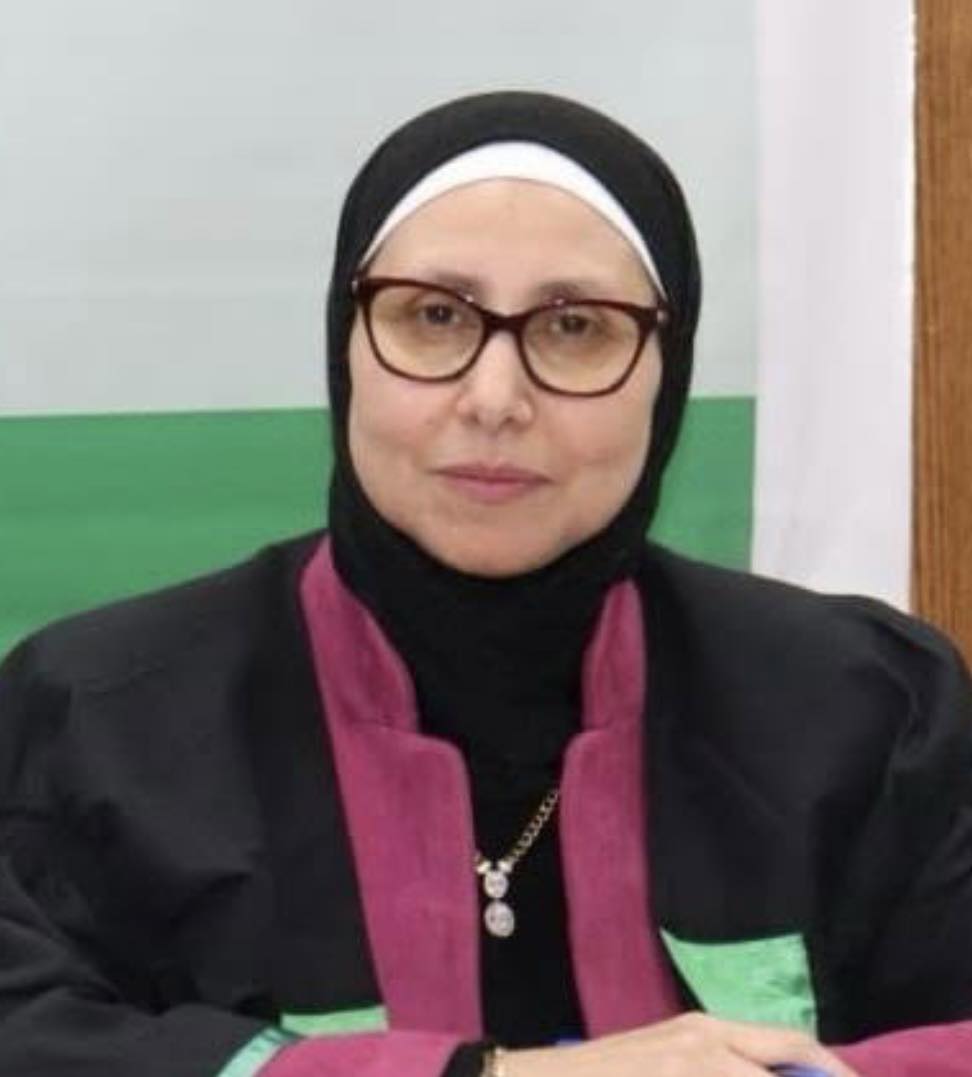
18-01-2026 Faculty of Mass Communication
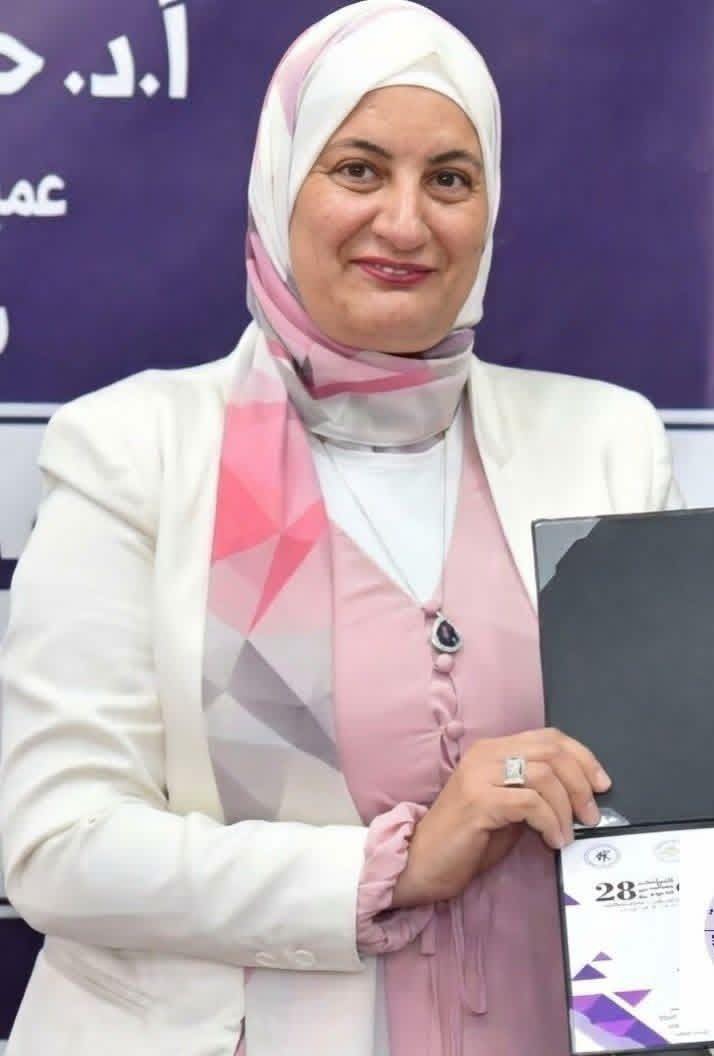
18-01-2026 Faculty of Mass Communication
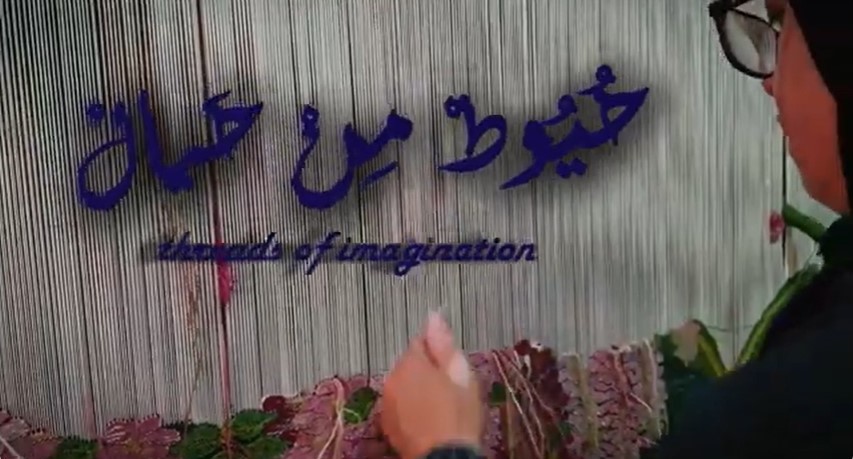
20-12-2025 literature & arts
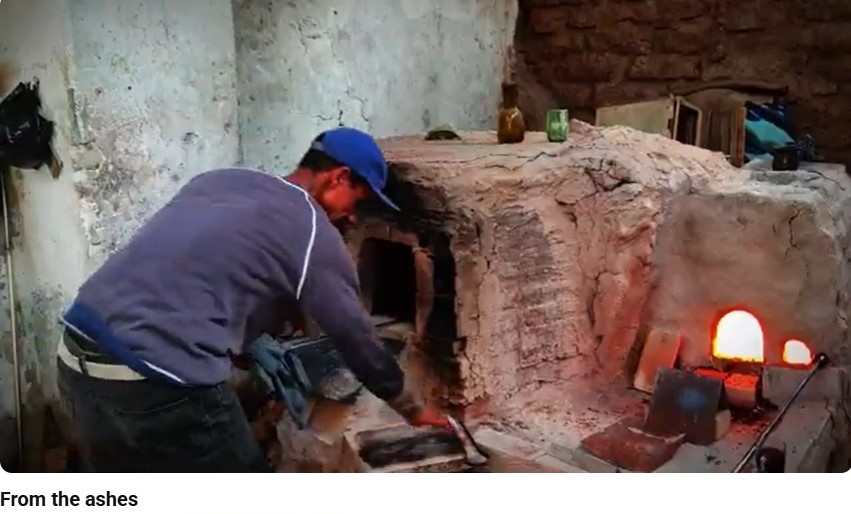
20-12-2025 literature & arts
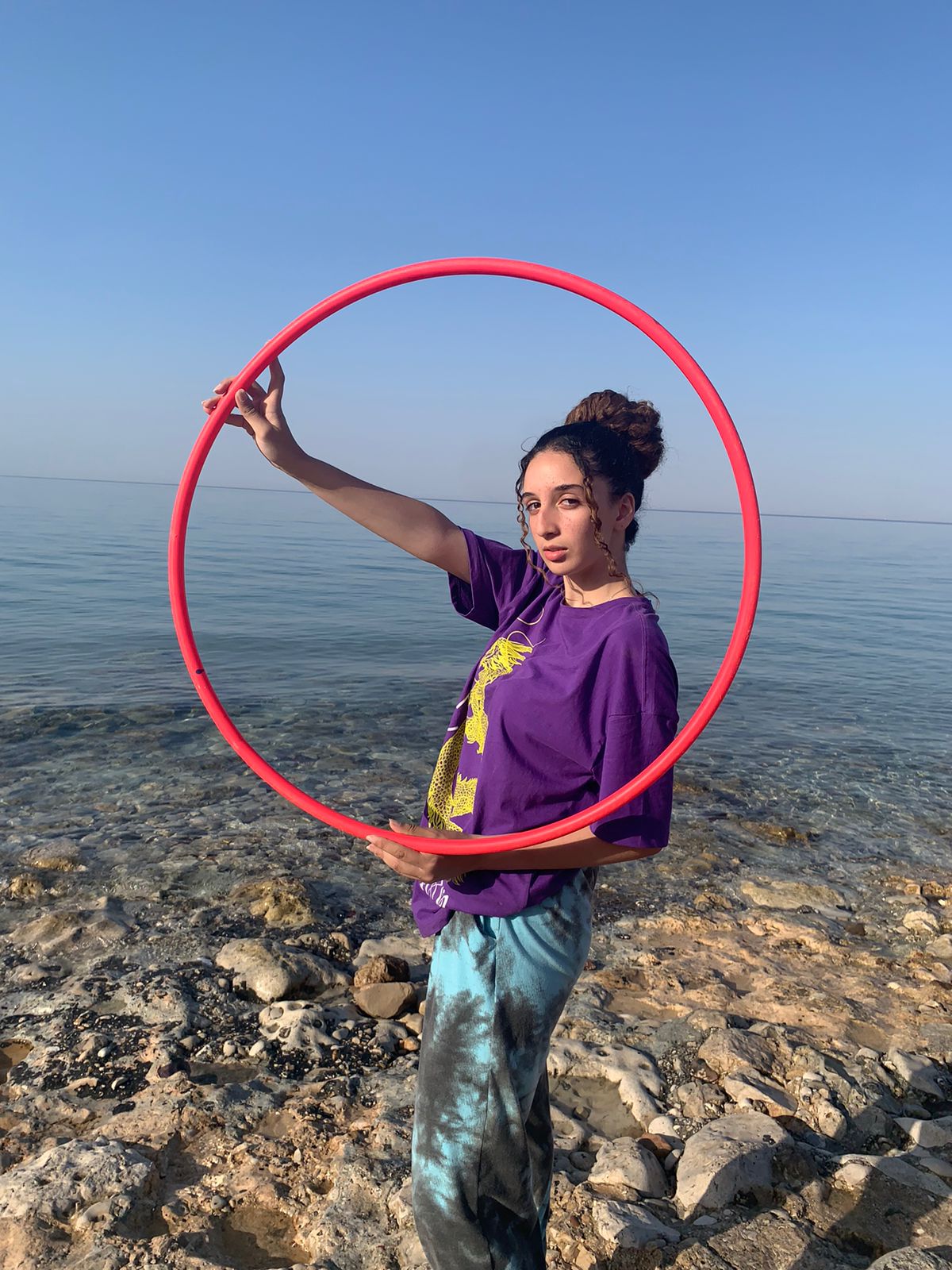
23-06-2023 Sports 4099
...
tips from the head of dmc channels group- mr.hesham soliman02-08-2023
video 3362...
Exclusive Interview with the Prominent Host (Eman Ezz Eldin) for EMccu today27-10-2022
video 1172...
Culture of Photos Event Guests` Interviews (Pt.2)01-04-2023
video 1106...
Culture of Photos Event Guests` Interviews (Pt. 1)01-04-2023
video 984...

27-10-2022
video 3786